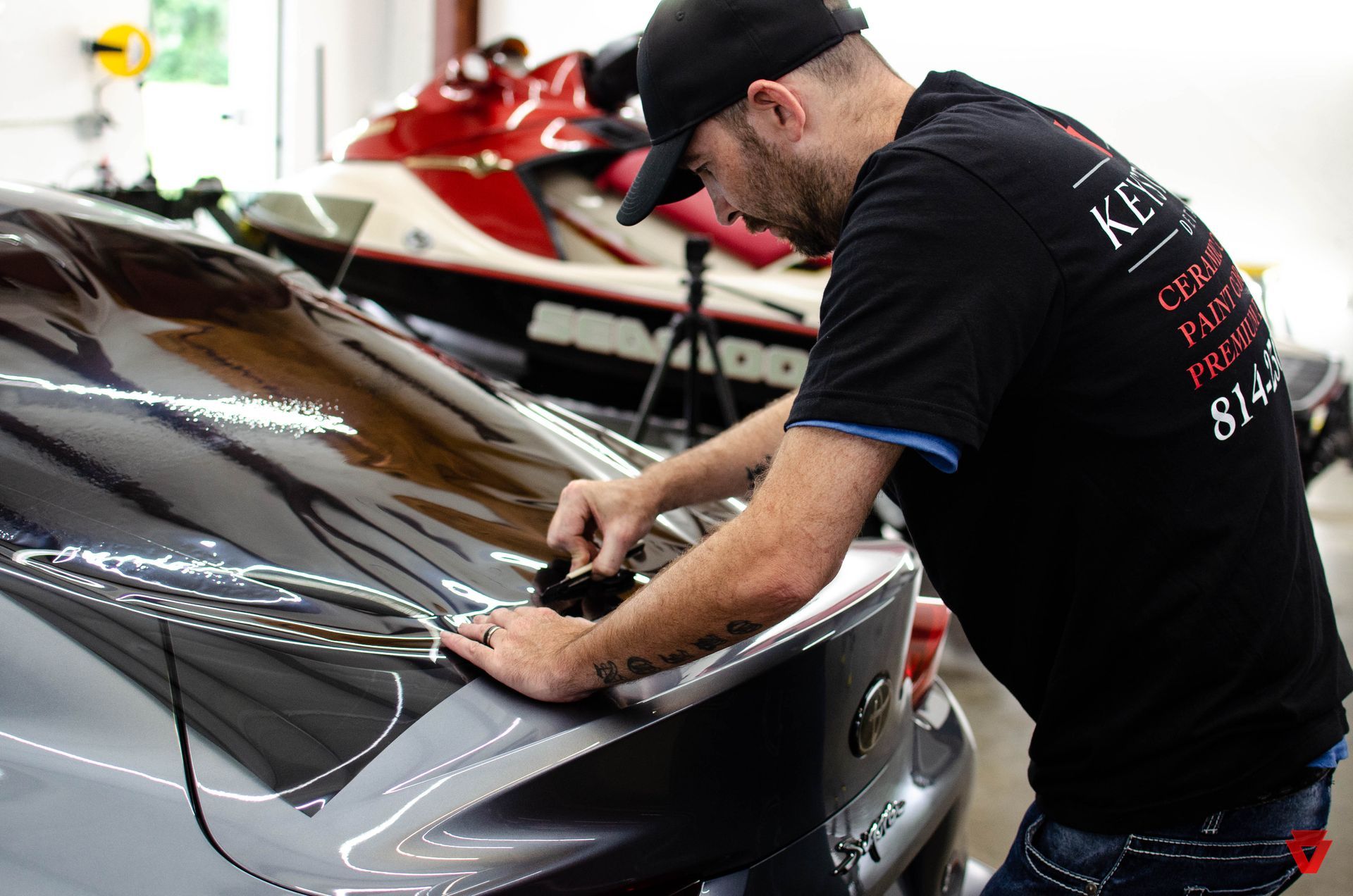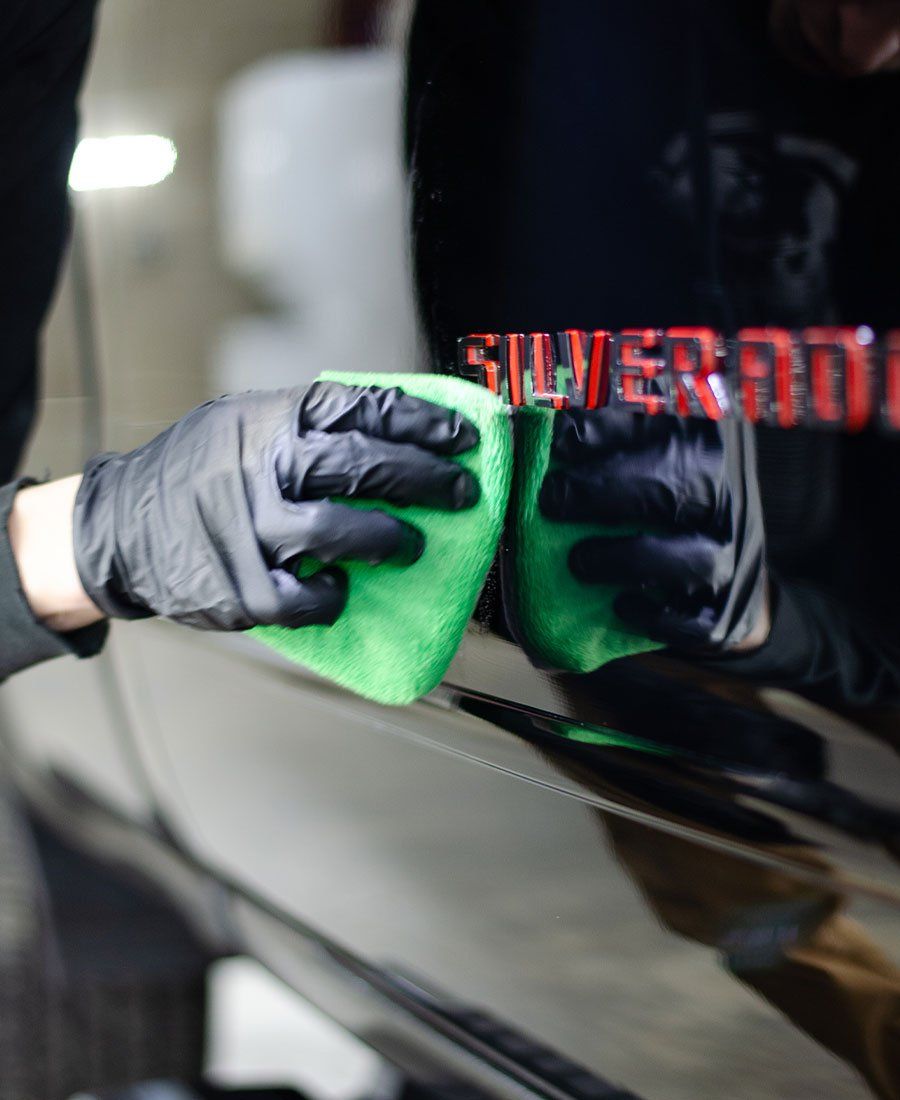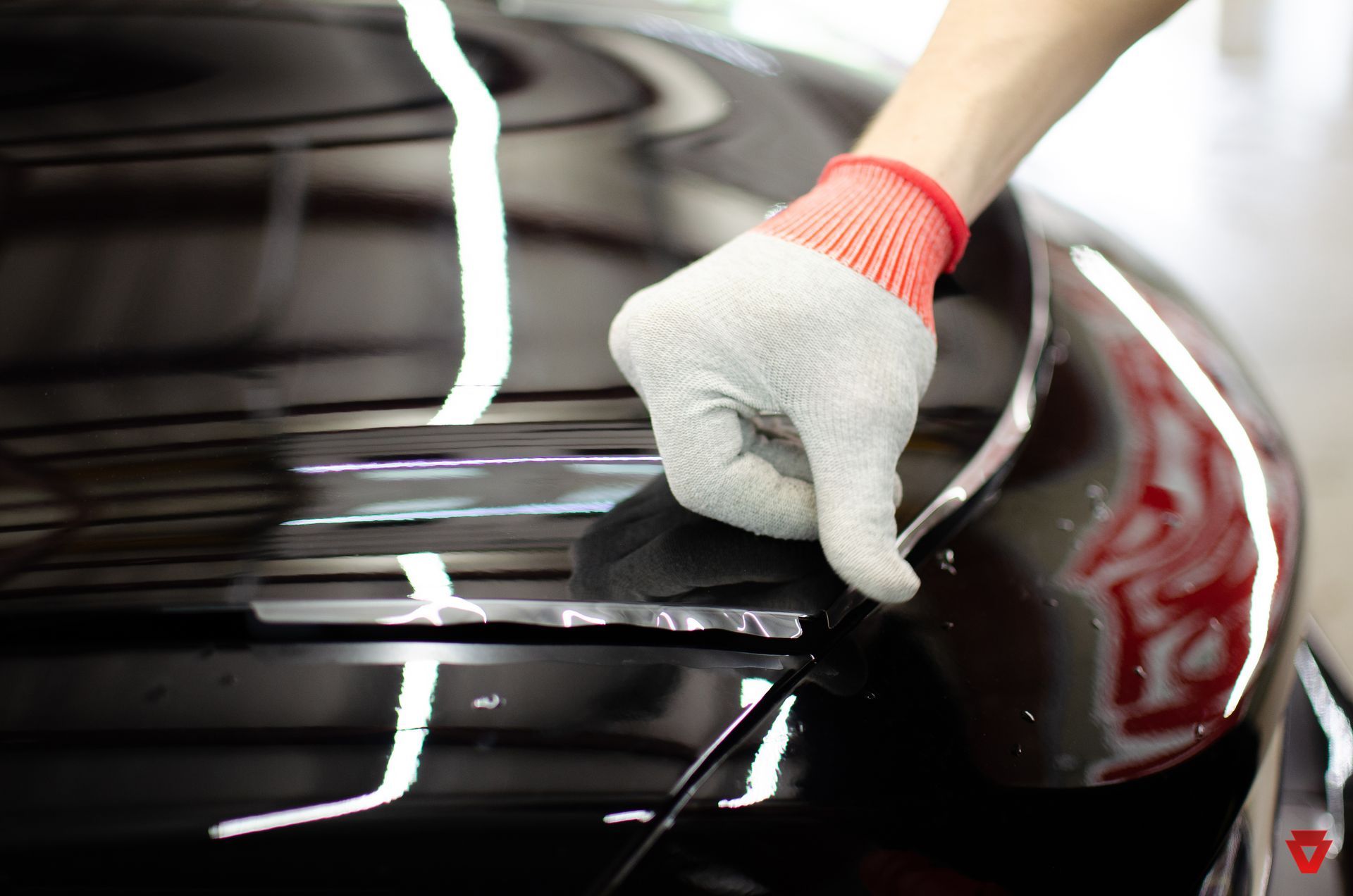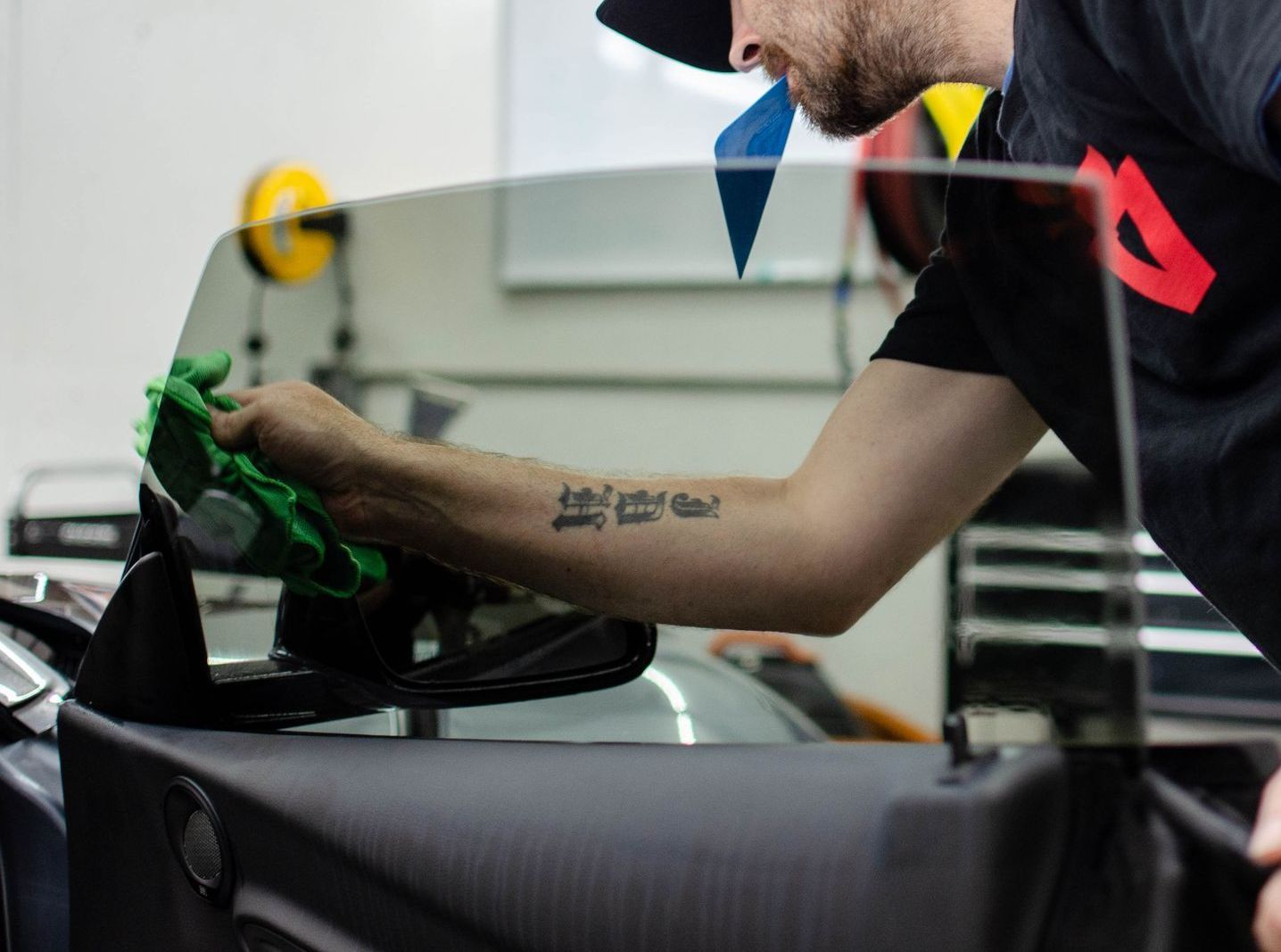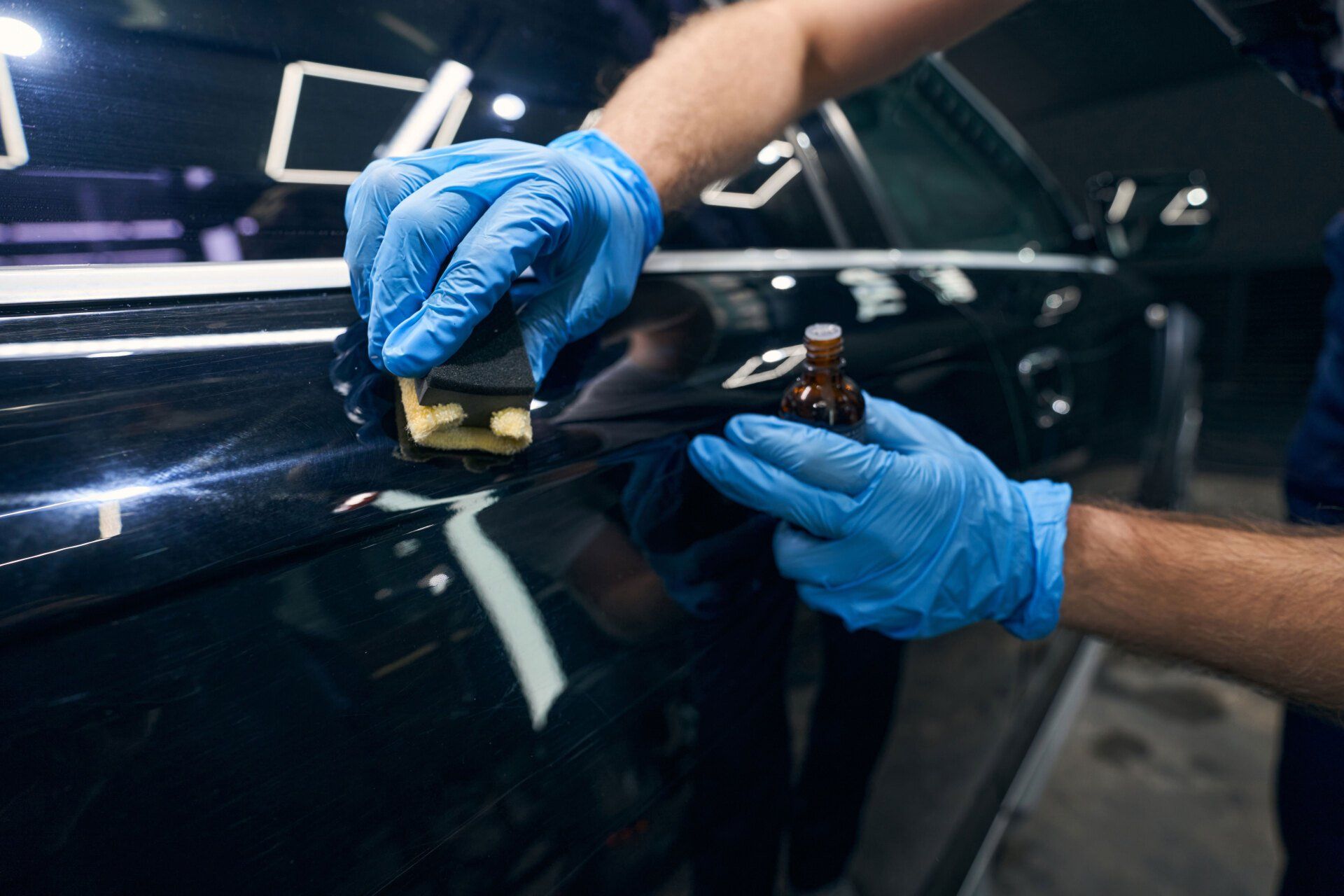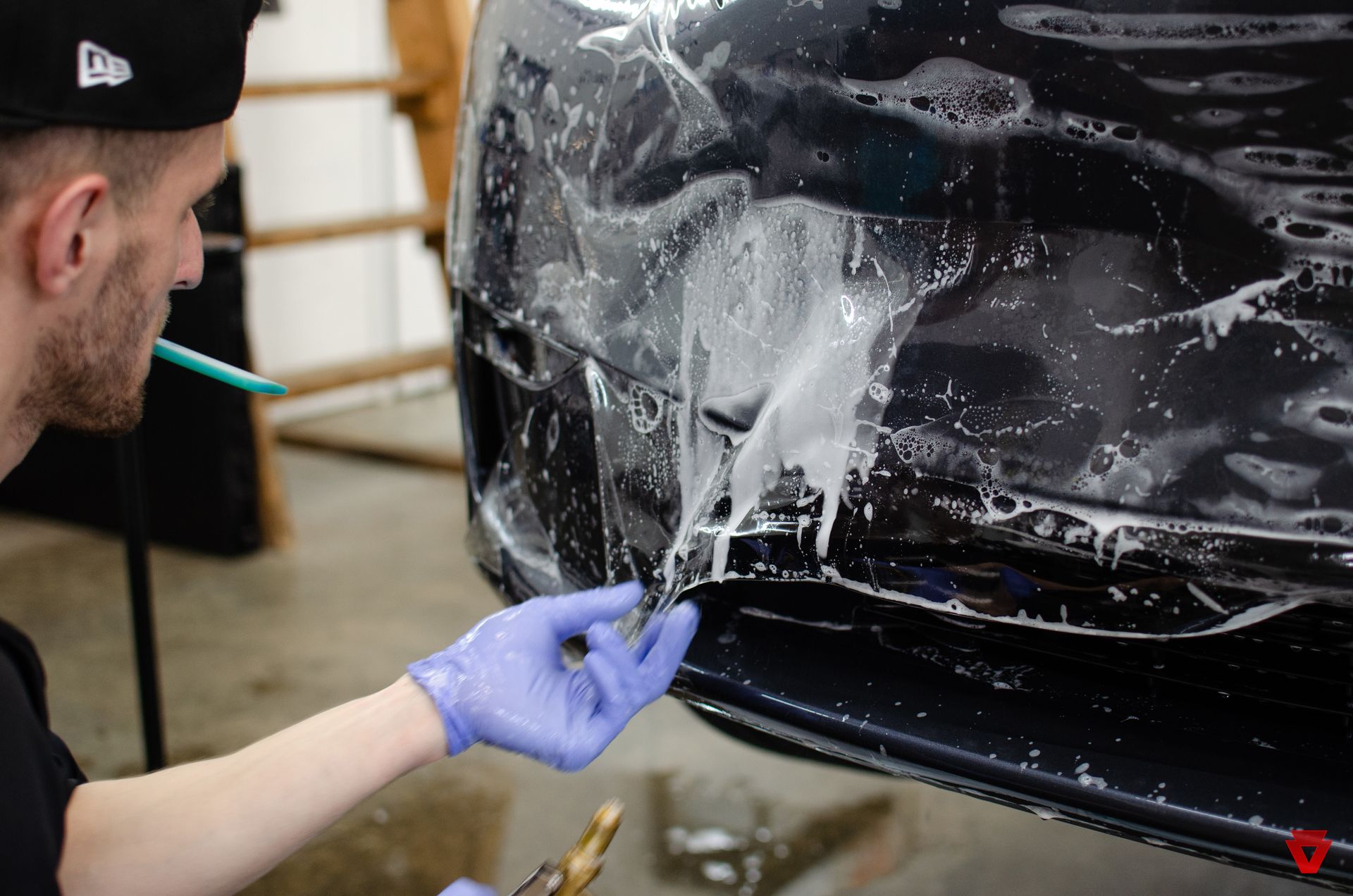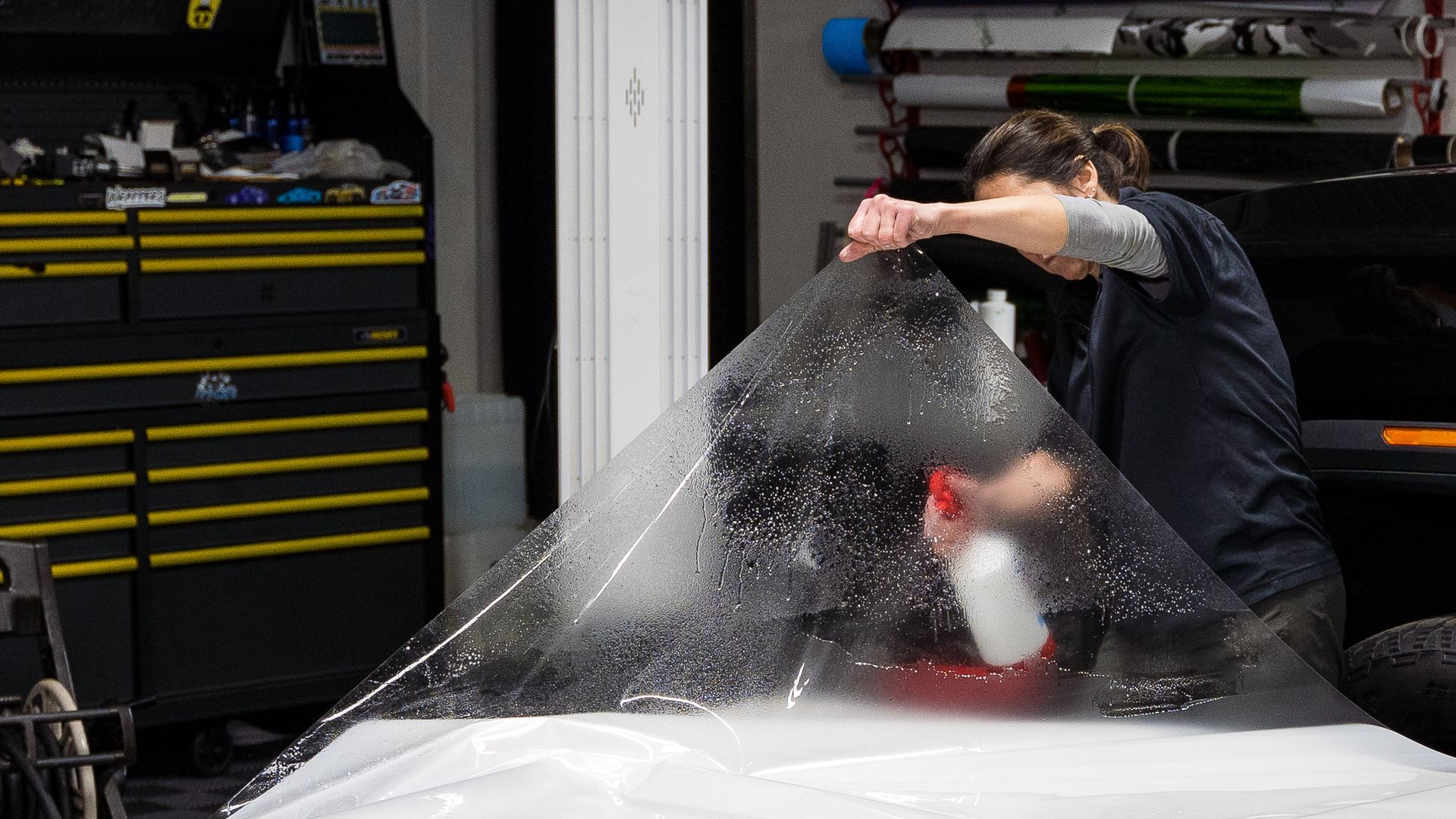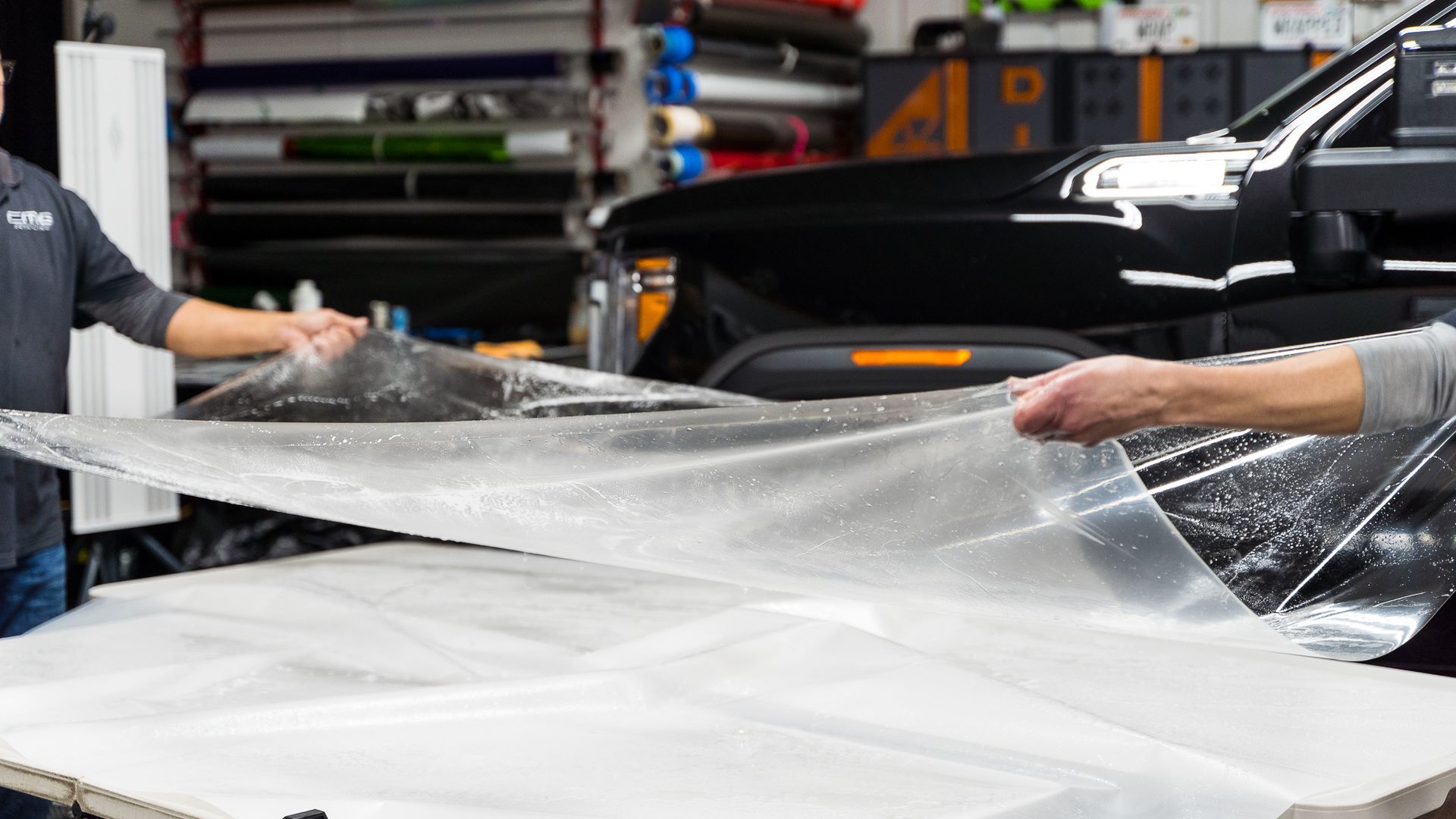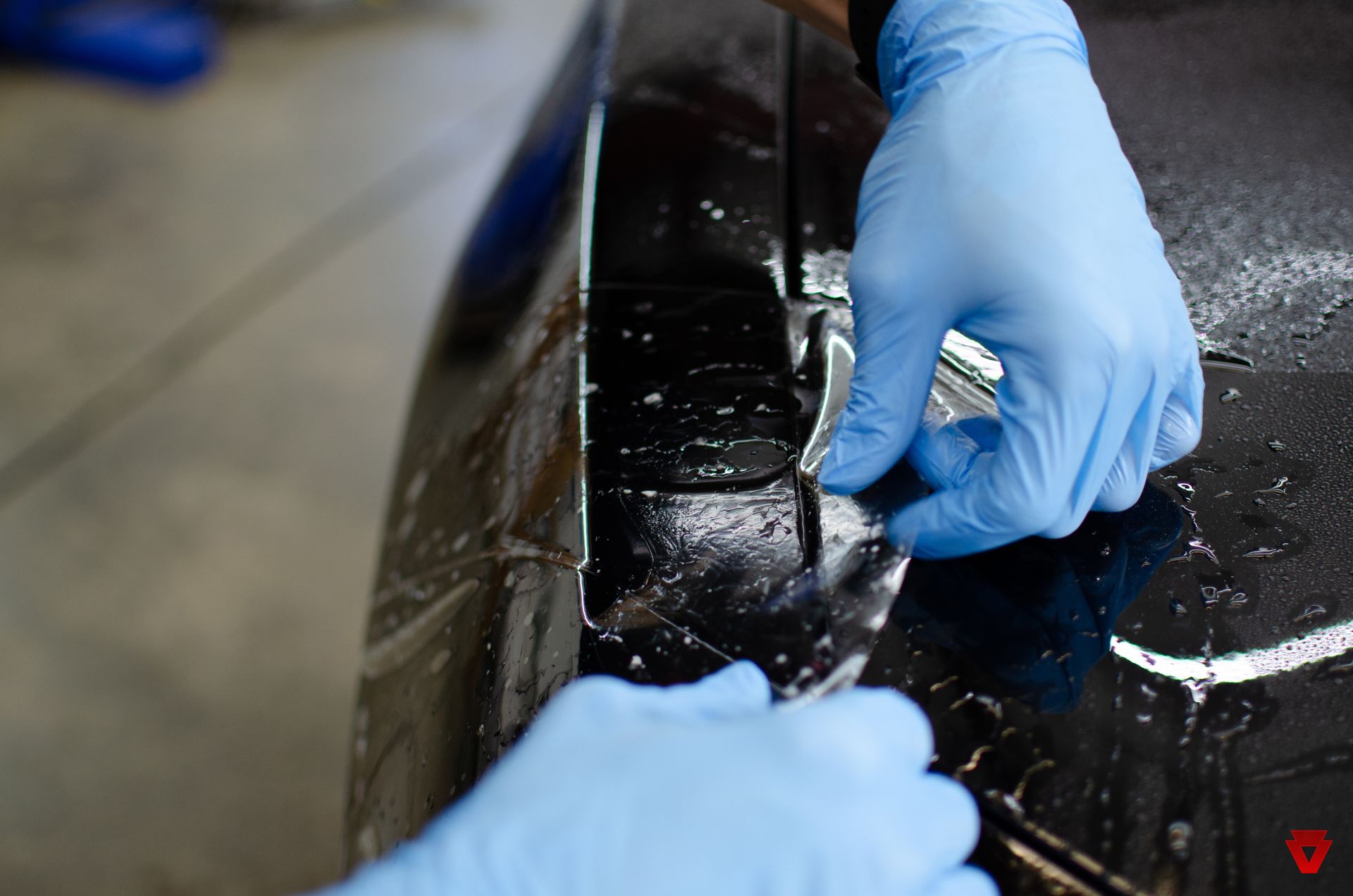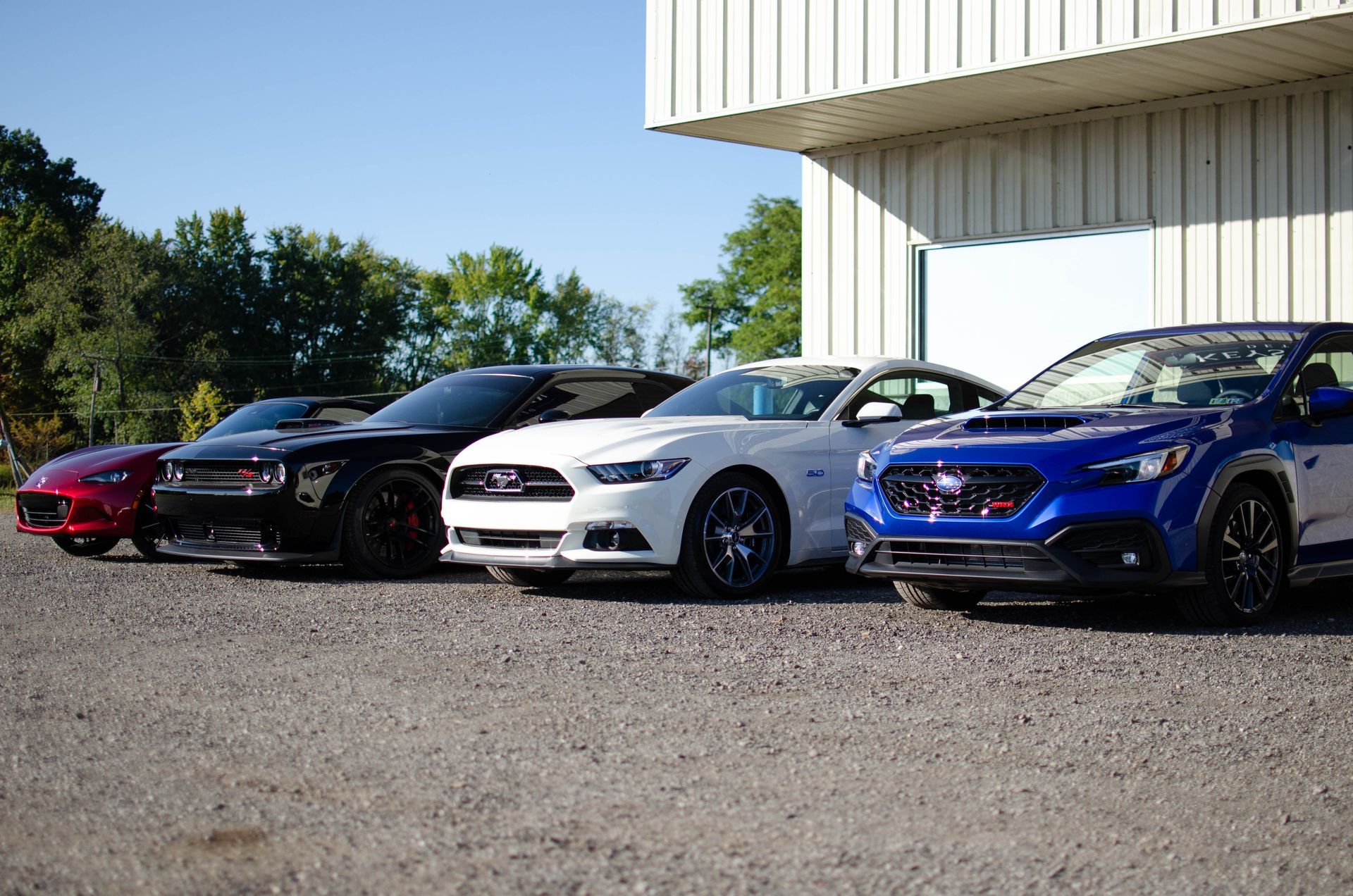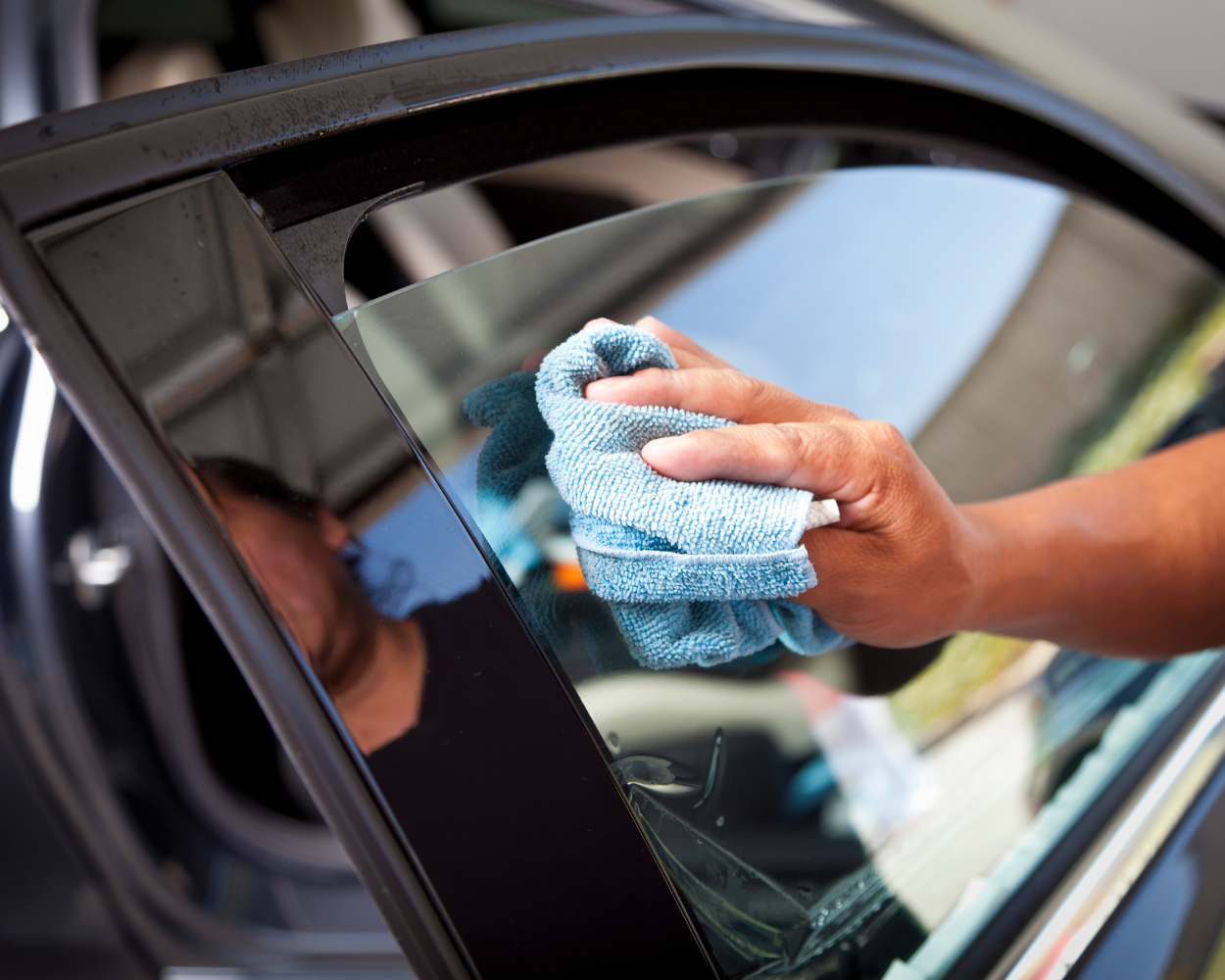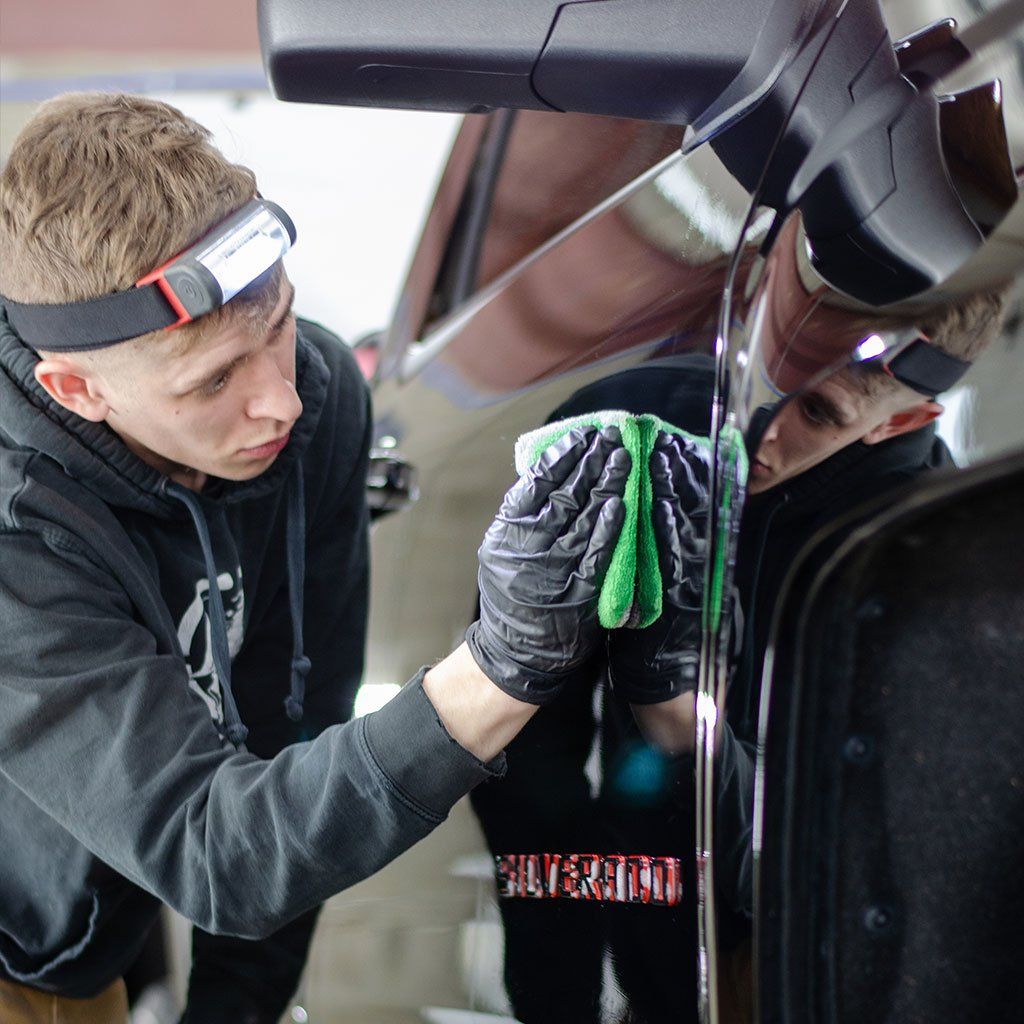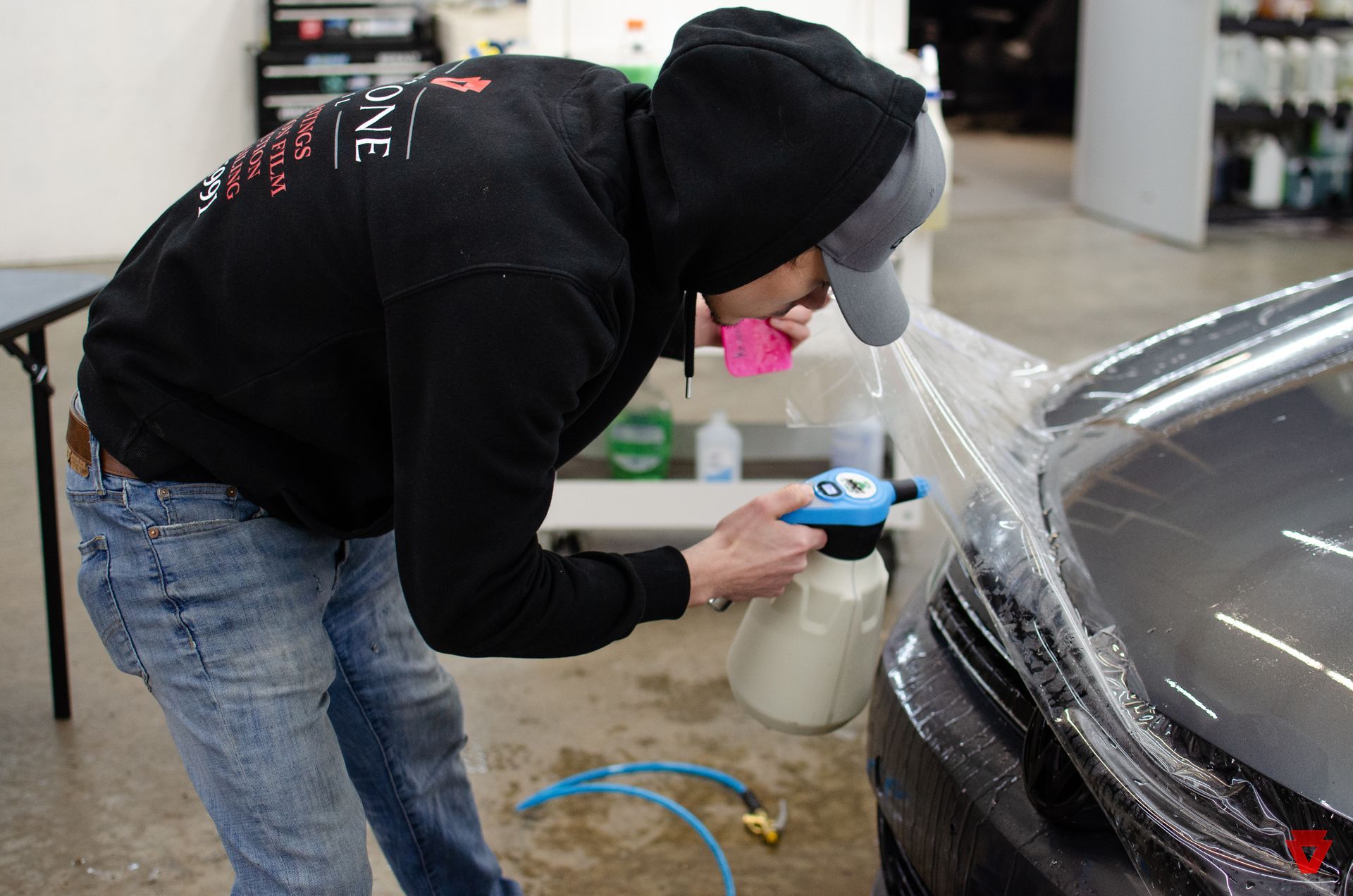Paint Protection Film: DIY vs. Professional Installation—Pros and Cons Explained
Choosing between doing it yourself and hiring an expert to install a paint protection film on your vehicle largely depends on your budget and quality expectations. While opting for a DIY route is more cost-friendly and saves on labor costs, it does take a good bit of skill and precision. You need to consider the right choice going beyond just costs; the quality of installation can make a critical difference in your vehicle's condition. You see, professionals have access to top-quality products and their application expertise ensures maximum protection, making your vehicle stand out like a shiny penny under bright sunlight.
This comprehensive article outlines the benefits of both DIY and professional PPF installation. It covers how DIY installations offer cost savings and hands-on experience, but also highlights the potential risks of mistakes and their undeniable impact on the final appearance. On the other hand, it details how professional installers provide expertise, seamless fit, better warranties, and additional services while acknowledging the higher cost associated with this option.
Comparing DIY and Professional PPF Costs
When it comes to protecting your car's paint, you have options. One of the biggest factors that affect people's decisions is typically cost. Let's take a closer look at the expenses you can expect to encounter with both DIY and professional PPF installation.
First up, let's delve into DIY kits. They're pretty attractive because they are generally cheaper and can provide some savings for those looking for an affordable solution. A basic, lower-quality DIY kit might set you back around $50, while higher-end kits can go up to $500, depending on the quality and size of the paint protection film required. But here's the thing: the cost doesn't just end with buying the kit. You’ll also need specific tools like a squeegee, a knife, a heat gun, and a place to work on it without getting dust or debris underneath, as this affects the overall effectiveness and durability of the film.
On the other hand, professional PPF installation requires more upfront investment as it includes labor expenses and the expertise of skilled installers. The price can vary significantly based on factors such as vehicle size and the extent of coverage required, ranging anywhere from $500 to $3000 or higher. However, think about what you're getting for that price; professional installers usually use high-quality paint protection films and have experience working with various vehicle types. They have access to top-notch products that may not be available in DIY kits and are equipped to understand how best to handle awkwardly shaped areas without creasing or bunching up the film.
In essence, weighing out these costs isn’t just about finding the best deal—it’s about understanding what you’re paying for and what each option entails in terms of quality, time commitment, and potential long-term value for your vehicle.
Evaluating Quality of Installation
So, you've decided to invest in paint protection film. Whether it's to keep your beloved car looking like new or to protect it from road debris, selecting the right installer is key to ensuring the effectiveness of your PPF. Let's explore why professional installers have an edge when it comes to achieving high-quality results.
Professional PPF installers undergo extensive training to attain mastery in handling paint protection film. Their experience allows them to navigate intricate vehicle contours and fragile areas with precision, ensuring a flawless finish. This level of expertise translates to a higher percentage of paint coverage after installation, providing more comprehensive protection for your vehicle's exterior—an advantage that may not be consistently achieved with a DIY installation, given the variation in user skill levels and adherence to instructions. To put it in perspective, a study revealed that professional installations achieve an average of 95% paint coverage on vehicles, while DIY installations yield around 75% coverage. The variance is due to the meticulous techniques and specialized tools employed by professionals, which contribute significantly to the optimal coverage and longevity of the PPF.
Moreover, professional installations result in fewer visible imperfections compared to DIY installations. These imperfections can be in the form of bubbles, wrinkles, or uneven edges, which not only compromise the overall appearance but also diminish the protective functionality of the film. It's important to recognize that the application process plays a crucial role in determining the durability and effectiveness of the paint protection film. When considering the skills required for a seamless installation and maintaining a high level of paint coverage, professional services present clear advantages over DIY installations. With insights into the significant differences between professional and DIY installations, it becomes evident that the choice ultimately influences not just the aesthetics but also the long-term protection of your vehicle's paintwork.
Durability of DIY vs. Professional PPF
When considering the durability of paint protection film, there are significant discrepancies between DIY and professional installation. Professionally installed paint protection film is renowned for providing long-lasting and robust protection against various forms of damage. This is primarily attributed to the use of high-quality materials and the expertise involved in ensuring a seamless fit. Professionally installed PPF is often crafted from top-grade materials engineered to withstand harsh environmental elements and resist wear and tear over extended periods. These films offer exceptional protection against scratches, chips, road debris, and UV exposure, ensuring that your vehicle's paint remains in pristine condition for years to come. The precision application process carried out by skilled professionals results in a flawless finish that seamlessly integrates with the vehicle's contours, providing a virtually invisible layer of defense.
In contrast, the durability of DIY paint protection film installation largely depends on the individual's precision and attention to detail during the application process. Although some DIY kits may offer decent-quality films, the level of expertise and experience required to achieve a truly durable and long-lasting result is often underestimated. The risk of imperfections such as air bubbles, uneven edges, and misaligned patterns can compromise the overall effectiveness and longevity of the protective film. Without the proper tools, techniques, and knowledge of best practices, DIY enthusiasts may find it challenging to achieve the same level of durability and performance offered by professionally installed PPF. For instance, a professionally installed clear bra is akin to custom-tailored armor for your vehicle, designed for maximum protection and longevity. On the other hand, a DIY-installed PPF might resemble off-the-rack armor; it can provide some level of protection, but it might not fit perfectly and may not offer the same durability and resilience as a custom-made solution.
Ultimately, when it comes to durability, the difference lies in the quality of materials, expertise in installation, and attention to detail. While professionally installed paint protection film sets a high standard for durability due to its superior materials and precise application, DIY installation may not always guarantee the same level of long-lasting protection without meticulous care and execution.
Time Commitment: DIY vs. Professional
When it comes to installing paint protection film, time is a major consideration. DIY installation requires a significant time investment, often spanning several hours or even multiple days, particularly for those new to the process or dealing with complex vehicle curves. It's a meticulous task that demands patience, precision, and attention to detail. Each step, from cleaning the surface to carefully applying the film, must be executed with care to ensure a successful outcome. Inexperienced individuals may find themselves spending countless hours researching techniques and troubleshooting issues along the way. The learning curve can be steep, and the margin for error is slim. Additionally, interruptions are common in a DIY setting, which can further extend the installation period. Think of it like embarking on a detailed craft project—every cut and placement needs to be just right. This level of precision takes time and dedication.
On the other hand,
professional installations offer efficiency and convenience due to the expertise, specialized tools, and experience of trained technicians. With their honed skills and familiarity with various vehicle models, professionals can complete the installation process more expediently. They've developed streamlined methods that allow them to navigate through the intricacies of vehicle surfaces with ease. Their proficiency translates into shorter turnaround times, sparing vehicle owners from prolonged periods of limited use of their cars. Moreover, professionals are capable of managing work interruptions more effectively than DIY enthusiasts. They have designated workspaces and employ strategies to optimize their workflow, ensuring a focused and efficient installation process. In evaluating time commitment, it's clear that while DIY installations demand extensive hours and effort, professional services offer swift and precise execution, minimizing inconvenience for vehicle owners.
Visual Appeal of DIY and Pro-Installed PPF
When you think about visual appeal, the first thing that comes to mind is the smooth, flawless look of a freshly applied paint protection film. A professionally installed PPF is renowned for its pristine finish—no air bubbles, no misaligned edges, and a consistent, high-quality application—thanks to the expertise and experience of professional installers. Their skills and tools allow for precise application, ensuring that the film seamlessly adheres to every contour of your vehicle. On the other hand, DIY installations carry a greater risk of imperfections that can affect the overall appearance of the PPF. Without the expertise and specialized tools that professionals possess, there's a higher chance of encountering air bubbles, creases, or misaligned edges during a DIY installation.
While some DIY enthusiasts may achieve satisfactory results with careful attention to detail, the level of precision and consistency provided by professional installers stands as a significant advantage. Moreover, the final appearance directly impacts the effectiveness of the paint protection film. Imperfections like air pockets and misalignment could compromise its protective function and overall durability. Take for instance, the all-too-common scenario where air bubbles form during DIY application. While these blemishes may seem minor at first glance, they trap dirt and moisture over time, leading to discoloration and potentially causing damage to the underlying paint. This could easily be avoided through professional installation, where meticulous care is taken to ensure a perfect finish.
In contrast, professionally installed PPF typically boasts no visible imperfections due to the precision and expertise of trained installers. The average cost of repairing imperfections in DIY PPF stands at installation, significantly higher than the $100 average cost for corrections in professionally installed paint protection film. This demonstrates how visual appeal plays a crucial role in determining the effectiveness and longevity of your PPF. Whether it's achieving a flawless shine or preserving the protective function of the film, obtaining that sought-after quality significantly entails not just proper application but also seamless precision—attributes that professional installations excel at providing.
Final Assessment: DIY vs. Professional PPF Installation
You've considered cost, quality, durability, time commitment, and visual appeal when it comes to choosing between DIY or professional paint protection film installation. Now let's break down these factors to guide you toward the best decision for your needs.
If you're confident in your abilities and have experience with similar projects, then DIY might be an attractive option for you. DIY paint protection film installation can save you money, as professionally installed paint protection film tends to be more expensive due to the expertise and additional services provided. However, it's important to recognize that cost savings come with the need for specialized tools and a controlled environment, as well as the potential risk of mistakes affecting the final appearance and effectiveness of the PPF. On the other hand, professional installers bring expertise and experience to ensure a seamless and perfect fit for maximum coverage and protection. Their access to high-quality clear bra products offers long-lasting protection against various forms of damage, providing the assurance of flawless application without the risk of mistakes or a lack of proper tools.
Moreover, professional installations often include additional services, such as auto detailing and come with better warranties compared to DIY installations. This comprehensive approach ensures that your vehicle receives the utmost care from experienced professionals, reducing the likelihood of errors and ensuring long-term protection. When it comes to time commitment, DIY installation may offer flexibility in scheduling, but it requires a significant amount of time and effort as you navigate through the intricate process. Conversely, professional installation streamlines the entire process, saving you valuable time and sparing you from the complexities associated with a DIY project.
The visual appeal is another critical aspect to consider. While a well-executed DIY installation can yield visually pleasing results, there's a level of precision and finesse that professional installers bring to the table, resulting in a flawless finish that enhances your vehicle's aesthetics. Ultimately, the choice between DIY or professional PPF installation depends on your comfort level, skill set, and willingness to invest time and effort. Both options have their advantages and drawbacks, but understanding these key factors will guide you toward making an informed decision that aligns with your preferences and priorities.
Top-Notch Paint Protection Film Solutions in Erie, PA
Seeking top-tier protection for your vehicle's paint? Keystone Detail sets the standard for excellence in Erie, PA, offering
unparalleled paint protection film solutions that shield your car from the elements. Our commitment to quality craftsmanship and attention to detail ensures that your vehicle receives the utmost care and protection it deserves. Say goodbye to worries about scratches, rock chips, or road debris damaging your paint job. With Keystone Detail, you can trust that your vehicle's finish will stay pristine for years to come. Don't settle for anything less than exemplary when it comes to protecting your investment. Schedule your paint protection film appointment with Keystone Detail today and experience the difference for yourself!
Call us at (814) 230-6991!
